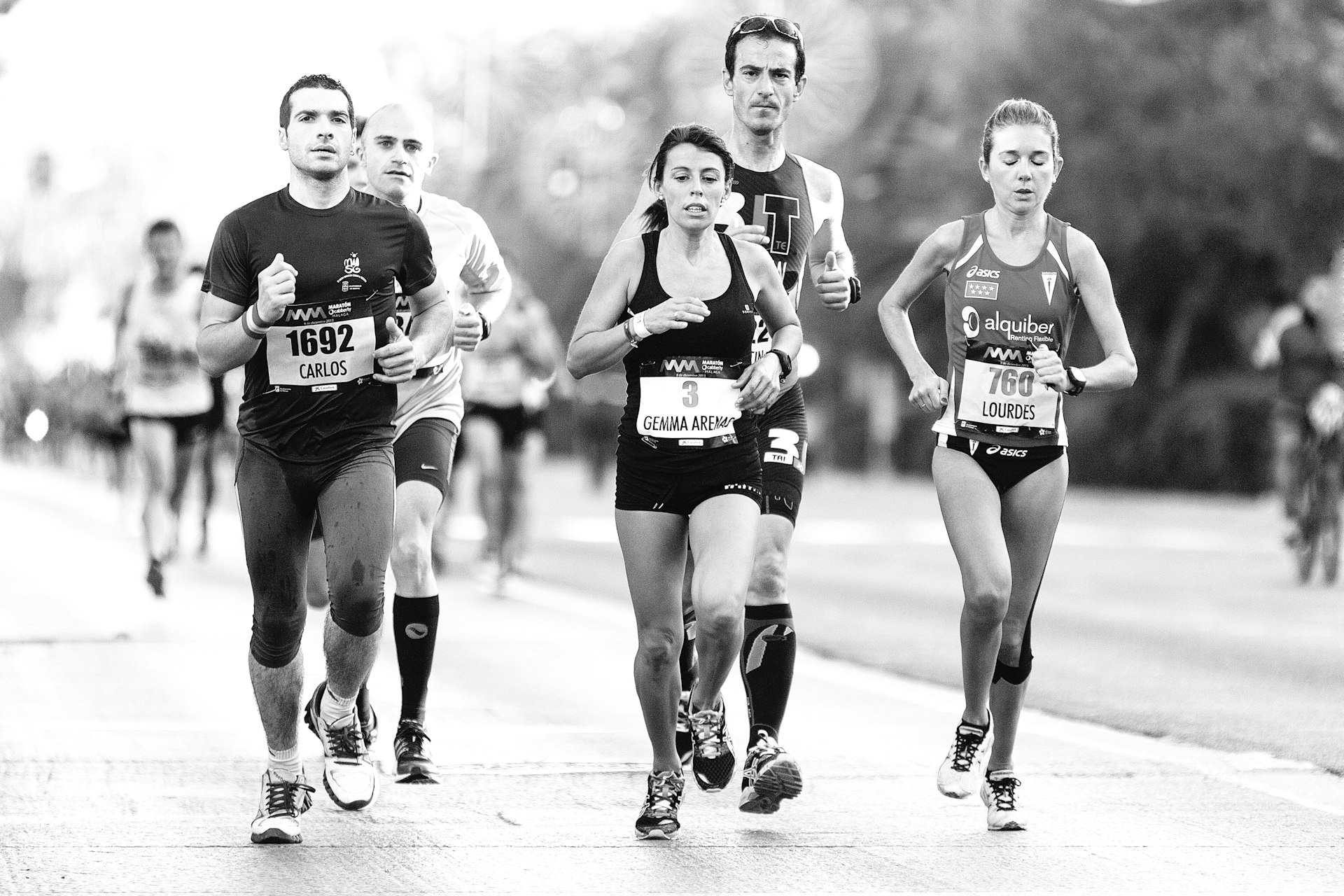Unlock a Personalized Wellness Lifestyle Through Intelligent Data Tracking

Photo by Yilmaz Akin on Unsplash
Introduction: The Power of Personalized Wellness Through Data Tracking
Modern wellness is rapidly evolving beyond one-size-fits-all advice. With the integration of wearable devices, advanced health apps, and artificial intelligence (AI), individuals can now embark on a truly personalized wellness lifestyle . By leveraging real-time data tracking, users receive insights and recommendations tailored to their unique habits, physiology, and goals. This article explores how data-driven tools can enhance your well-being, what to expect when adopting such technologies, and how to get started on this transformative journey.
Understanding Personalized Wellness and Data Tracking
Personalized wellness refers to customizing health and lifestyle strategies based on individual data-such as activity levels, sleep quality, nutrition, stress, and mood. Data tracking tools, like smartwatches and health apps, collect this information and use it to generate actionable guidance. According to recent research, over 70% of health and wellness applications now integrate some form of AI to refine their recommendations and outcomes for users [2] .
Key elements of data-driven wellness include:
- Continuous monitoring of metrics like steps, heart rate, sleep cycles, and hydration
- Analysis of behavioral patterns to detect trends or anomalies
- Dynamic goal setting based on progress and changing needs
- Personalized interventions such as custom workout plans, stress reduction reminders, or nutrition adjustments
How Data Tracking Tools Enable a Personalized Wellness Lifestyle
Wearables and health apps have become the foundation of personalized wellness. Devices and platforms-such as Apple Health, Fitbit, Garmin, and MyFitnessPal-allow users to monitor various aspects of their health. Platforms like Avidon Health unify data from multiple sources, offering users a single dashboard for all their wellness metrics [3] .
For example, using a comprehensive tracker, you can:
- Track steps, heart rate, sleep, and mood in real time
- Sync data from various devices without manual entry
- Export your complete tracking history for personal review or sharing with healthcare professionals
By consolidating this data, you gain a holistic picture of your health, helping you make informed decisions about your daily habits and long-term goals.
AI and Machine Learning: From Data to Actionable Insights
AI-driven apps analyze large volumes of your health data to identify patterns and provide recommendations that are uniquely suited to you. These systems consider:
- Demographics (age, gender, medical history)
- Lifestyle habits (nutrition, exercise, sleep routines)
- Mood and motivation levels
Advanced algorithms dynamically adjust your goals and suggestions based on your ongoing performance and context. For instance, AI can recognize when you’re experiencing increased stress based on your heart rate variability and suggest a guided breathing exercise or a break before stress escalates [1] .
Other practical applications include:

Photo by Towfiqu barbhuiya on Unsplash
- Customized hydration reminders based on your daily routines and local climate
- Personalized workout recommendations that adapt in intensity depending on your recovery and energy levels
- Nutrition suggestions tailored to your dietary preferences and goals
Real-World Examples and Case Studies
Many organizations and individuals have reported significant improvements in health and productivity through personalized data tracking.
Some companies now implement wellness programs that use AI to monitor and support employee well-being. For example, employee wellness platforms like WellSteps provide a suite of personalized tracking tools, reward systems, and expert guidance to foster healthy habits and engagement in the workplace [5] . These solutions help organizations measure workplace climate and stress factors, resulting in greater job satisfaction and productivity [2] .
For individuals, actigraphy devices (such as wrist-worn sleep monitors) have revolutionized how sleep problems are diagnosed and managed. By collecting detailed sleep data outside of a clinical setting, users and healthcare providers can develop highly personalized treatment strategies [4] .
Step-by-Step Guide: Getting Started with Personalized Wellness Tracking
Adopting a data-driven approach to wellness is straightforward but requires thoughtful planning. Here’s how to begin:
- Define Your Goals: Consider what you want to achieve-better sleep, improved fitness, lower stress, or healthier eating habits.
- Select the Right Tools: Choose a wearable device and/or health app that aligns with your needs. Popular options include Apple Watch, Fitbit, Garmin, and apps like MyFitnessPal. For unified tracking, platforms like Avidon Health can sync multiple devices [3] .
- Set Up Data Tracking: Follow the device or app instructions to connect and customize your tracking preferences. Ensure you enable relevant permissions for accurate data capture.
- Monitor Your Progress: Check your dashboard regularly to observe trends and receive personalized feedback. Adjust your behaviors based on the insights provided.
- Share and Review Data: If you’re working with a health coach or provider, share your progress for expert input. Many platforms allow secure export of your tracking history.
- Adjust and Personalize: As you learn from your data, update your goals and settings to keep your wellness journey relevant and challenging.
If you are unsure which platform to start with, you may want to consult your healthcare provider or search for “personalized wellness tracking apps” and review user feedback to find an option that fits your lifestyle.
Potential Challenges and Solutions
While data tracking offers many benefits, users may encounter challenges such as device compatibility, privacy concerns, or data overload. Here are practical solutions:
- Device Compatibility: Most modern wellness platforms sync with popular devices. If you use multiple trackers, choose a platform that supports integration (such as Avidon Health).
- Data Privacy: Only use platforms that comply with recognized privacy standards, such as HIPAA. Review privacy policies and control your data sharing preferences [3] .
- Information Overload: Focus on tracking metrics most relevant to your goals. Many apps allow you to customize which data points you monitor.
- Motivation and Consistency: Use goal-setting features, reminders, and social support tools to stay engaged. Some platforms offer rewards for consistent tracking and achievement [5] .
If you’re concerned about privacy, you can always pause syncing or switch to manual entry as needed. Remember, you control your data and can adjust your tracking at any time.
Alternative Approaches and Additional Resources
While technology-driven wellness tracking is effective, some individuals may prefer less digital approaches. Options include manual journals, paper-based habit trackers, or periodic wellness check-ins with a professional. These methods can also be highly personalized, especially when combined with expert guidance.
For those interested in exploring further, consider searching for local wellness coaches, registered dietitians, or certified health professionals who offer personalized programs. You may also find value in peer support groups or community wellness initiatives. If you’re part of a workplace wellness program, inquire about available resources or platforms provided by your employer.
Key Takeaways
A personalized wellness lifestyle through data tracking empowers you to make informed, proactive decisions about your health. With the right tools and strategies, you can set realistic goals, monitor your progress, and adapt your habits for long-term well-being. Whether you prefer high-tech platforms or traditional methods, the first step is understanding your unique needs and choosing a pathway that fits your lifestyle.
References
- [1] Wildnet Edge (2025). AI Health Apps for Personalized Wellness Tracking.
- [2] Psico-Smart (2024). The Role of AI in Personalized Health and Wellness Tracking Systems.
- [3] Avidon Health (2025). Wellness Trackers – Digital Health Solutions.
- [4] Condor Institute (2023). Actigraphy and Health Monitoring: The Future of Personalized Wellness Tracking.
- [5] WellSteps (2025). Comprehensive Employee Wellness Platform.
MORE FROM weirdsearch.com













